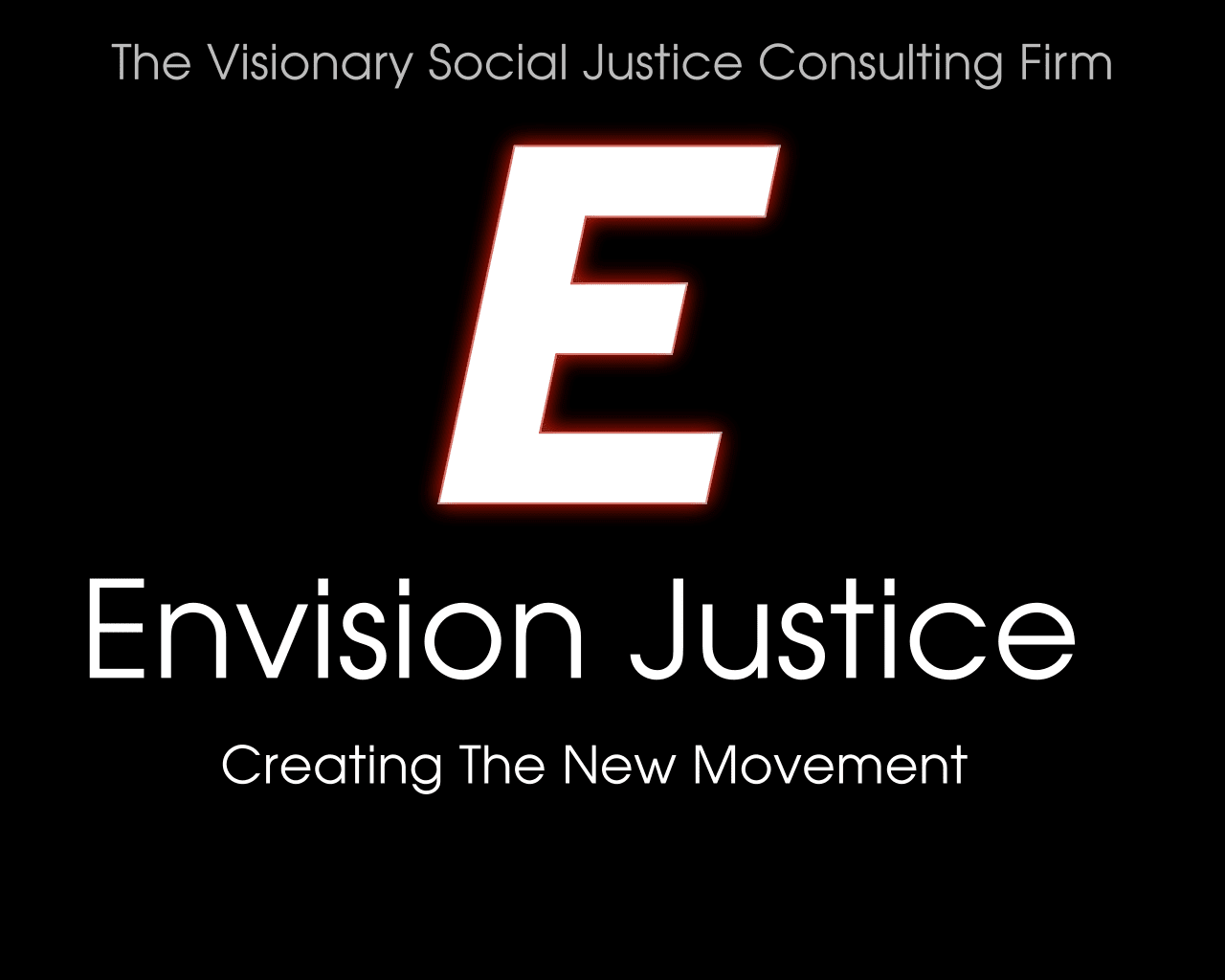What Is Reproductive Justice?

Date: May 26, 2022
To help marginalized communities in a post-Roe world, experts say focusing on reproductive justice is necessary.
A leaked Supreme Court Majority draft opinion obtained by Politico this month suggested that abortion rights could be overturned, but abortion advocates, especially those in reproductive justice spaces, said they have been expecting this for years.
A reproductive justice framework addresses all the ways in which marginalized communities are vulnerable to reproductive harm — from a lack of safe and wanted pregnancies to a lack of access to contraceptives and healthcare providers, said Kimala Price, researcher and author of "Reproductive Politics in the United States."
Women of color and other marginalized communities will be some of the most adversely affected by a national ban on abortion. Price said these groups often do not have a choice about their reproductive rights "because choice comes from a place of privilege. Only sort of people who are the most privileged really are the ones who have choices to make."
What is Reproductive Justice?
The reproductive justice movement isn't just about access to abortion; rather it is about addressing all forms of reproductive health.
It also advocates for marginalized communities to have and live in safe environments to raise their children, which is often not an option for people of color, who are more likely to live in areas with polluted air and water, said Jade Sasser, a researcher at University of California, Riverside, who studies the intersections of climate justice and reproductive justice.
The movement grew out of women of color resisting forced sterilization in the '60s and '70s, Sasser said.
The reproductive justice movement really took hold in the 1990s, when women of color decided to officially branch out from the mainstream abortion rights movement to address other reproductive health issues that affected them, Price said.
Price, who worked with emerging reproductive justice organizations, said that the groups came out of "frustration" that mainstream groups were putting the concerns of marginalized folks "on the sidelines."
SisterSong is the first official organization to emphasize reproductive justice as its core mission and grew out of the efforts of Black, Indigenous, and other people of color.
SisterSong defines the movement as "the human right to maintain personal bodily autonomy, have children, not have children, and parent the children we have in safe and sustainable communities."
"When it comes to reproduction, you really have to take an intersectional approach," Price said. "It is not just about gender, it's also about how gender interacts with race, class, sexuality, and also understanding how reproduction is connected to other social issues. And so you can't look at reproduction in a vacuum, right?"
'The ability to have wanted children is also under threat'
Sasser and Price both emphasized the importance of paying attention to politics, whether that is voting or putting forth candidates to run.
Sasser also said that other forms of reproductive justice are under threat. For example, she pointed to statistics that Black women suffer from high rates of infertility. Sasser also emphasized that forced sterilizations are still a threat.
Just as recently as two years ago, whistleblowers accused doctors of performing forced hysterectomies at an immigrant detention center in Georgia. Between 1997 and 2003, 1,400 mostly Black female prisoners in California were forcibly sterilized. Sterilizations of women in the California prison system occurred as recently as 2014.
"The ability to have wanted children is also under threat," Sasser said. "A lot of the time usually it's under threat for people who are not protected by the law in the same way."
Women of color and pregnant women are also more likely to be victims of climate change. As the climate worsens, Sasser said, advocates of reproductive justice should focus on how to promote reproductive rights in a climate-altered world without promoting narratives of population control, which target marginalized communities.
"Being vigilant against the attacks on all of these forms of reproductive autonomy is important," Sasser said.
Send a Message
Get in touch if you have a pressing issue
All emails and messages will be answered within 24 hours.
